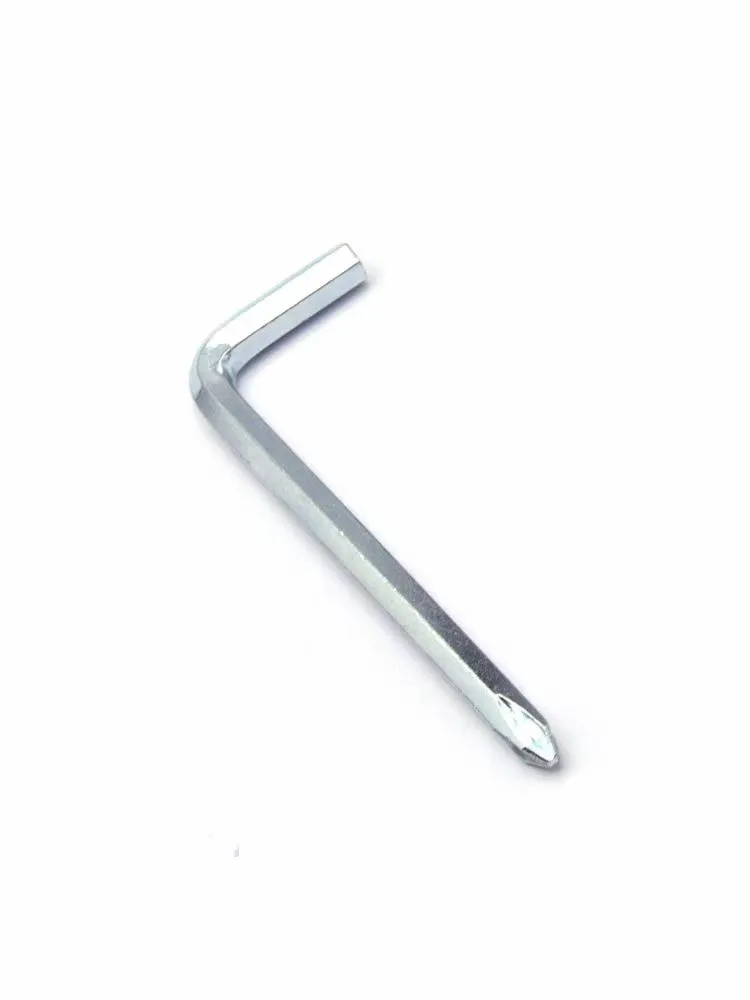

Understanding the Differences Between Stud Bolts and Machine Bolts in Fastening Applications
Th12 . 19, 2024 09:09 Back to list
Understanding the Differences Between Stud Bolts and Machine Bolts in Fastening Applications
Understanding Stud Bolts and Machine Bolts Key Components in Mechanical Engineering
In the realm of mechanical engineering, fastening components play a crucial role in maintaining the structural integrity and functionality of various applications. Among these fastening components, stud bolts and machine bolts are often utilized in numerous industries, from construction to automotive manufacturing. While they may appear similar at first glance, stud bolts and machine bolts serve distinct purposes and have unique characteristics.
Stud Bolts Definition and Applications
A stud bolt is essentially a long cylinder with external threads on both ends and no head. Typically manufactured from high-strength materials such as steel, stud bolts are designed for heavy-duty applications where high tensile strength is required. The absence of a head allows for versatility in the length of the bolt being used, as nuts can be attached to both ends, making them suitable for applications requiring precise torque and secure fastening.
Stud bolts are commonly used in a variety of environments, particularly in the oil and gas industry, power generation plants, and large machinery assembly. They are crucial in connecting flanged joints, where two pipe ends are brought together with a gasket in between. The studs are tightened to create a seal that can withstand high pressure and temperature. In addition to industrial applications, stud bolts are also used in construction projects, providing robust connections for structural members.
Machine Bolts Definition and Use Cases
Machine bolts, on the other hand, possess a head and are designed primarily for fastening objects together. They come in various lengths and sizes, and the presence of the head provides a surface for tightening with a wrench or socket. Machine bolts often feature a specific thread pitch and diameter, allowing them to be used in conjunction with standard nuts and washers.
stud bolt and machine bolt

Machine bolts are incredibly versatile and can be found in numerous applications, ranging from furniture assembly to heavy machinery and automotive components. They are ideal for situations where a solid connection is needed but does not involve the same high level of tension and pressure encountered in applications with stud bolts. The head design also allows for easier installation and removal, making machine bolts suitable for projects requiring frequent disassembly and reassembly.
Key Differences Between Stud Bolts and Machine Bolts
While both stud bolts and machine bolts are important in mechanical assembly, their differences are significant
1. Structure Stud bolts lack a head and are threaded on both ends, while machine bolts come with a head and a single threaded end. 2. Applications Stud bolts are primarily used in high-tension applications requiring a tight seal, while machine bolts are better suited for general fastening tasks where moderate strength is sufficient.
3. Installation The installation of stud bolts often requires torqueing two nuts, while machine bolts can be easily installed using a single nut along with a washer if necessary.
Conclusion
In summary, stud bolts and machine bolts are foundational components in the toolkit of mechanical engineers and fabricators. Understanding the distinctions between these two types of fasteners enables engineers to select the most appropriate option for their specific applications. By choosing the right fastening method, engineers can ensure that structures and machines function efficiently and safely, leading to improved performance and longevity of the assemblies. As technology advances, the materials and designs of these fasteners continue to evolve, further enhancing their applications across various industries. Whether it’s a high-pressure pipeline in the oil industry or a simple assembly in furniture making, both stud bolts and machine bolts remain indispensable in the world of mechanical engineering.
Latest news
-
Premium Fasteners Manufacturer | AI-Driven Solutions
NewsAug.01,2025
-
Hot Dip Galvanized Bolts - Hebei Longze | High Strength, Corrosion Resistance
NewsAug.01,2025
-
High-Strength Hot Dip Galvanized Bolts - LongZe | Corrosion Resistance, Custom Sizes
NewsAug.01,2025
-
Best Self Tapping Screws for Drywall - Fast & Secure Installation
NewsJul.31,2025
-
High-Strength Hot Dip Galvanized Bolts-Hebei Longze|Corrosion Resistance&Customization
NewsJul.31,2025
-
Hot Dip Galvanized Bolts-Hebei Longze Metal Products|Corrosion Resistance&High Strength
NewsJul.31,2025

